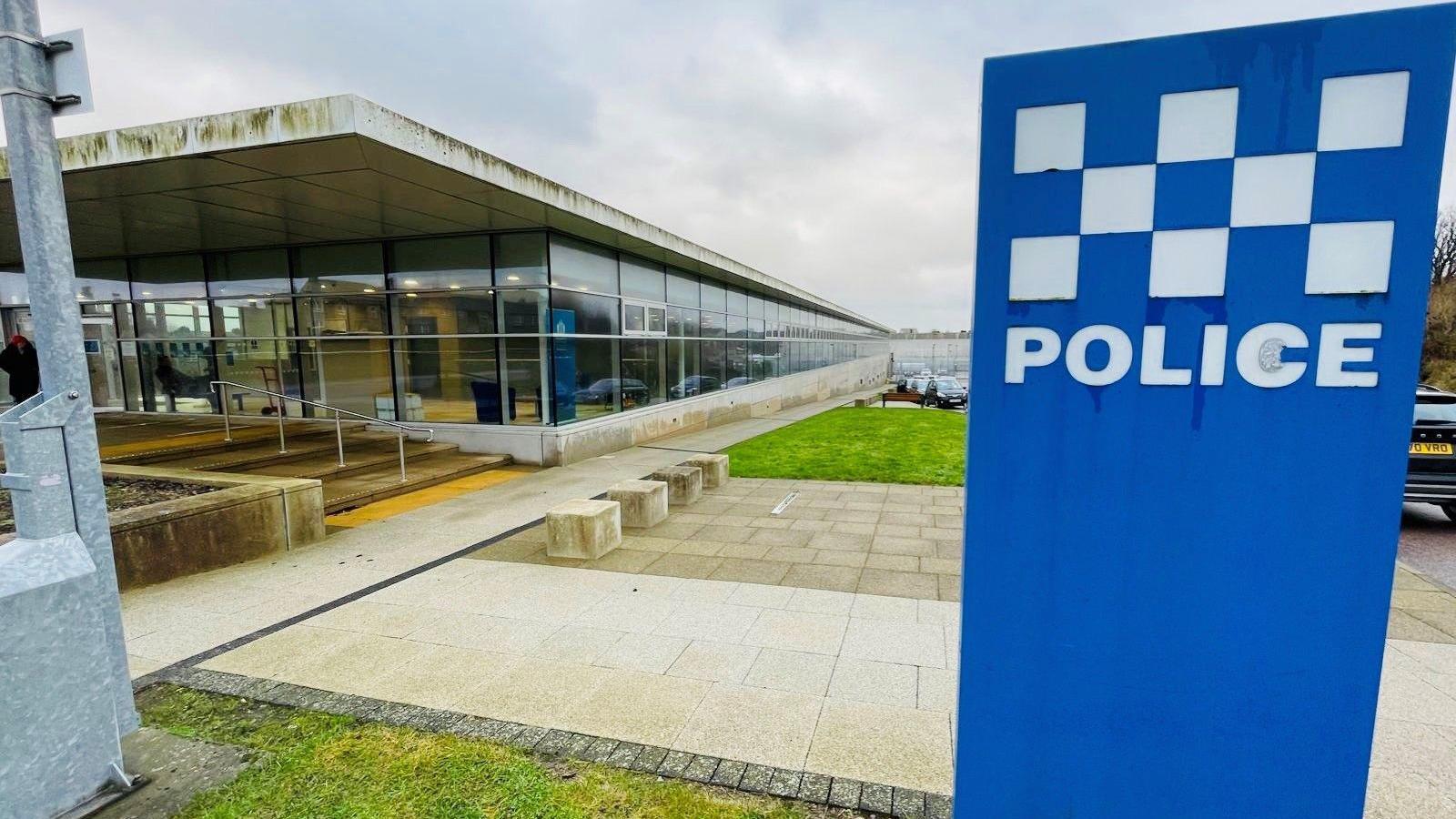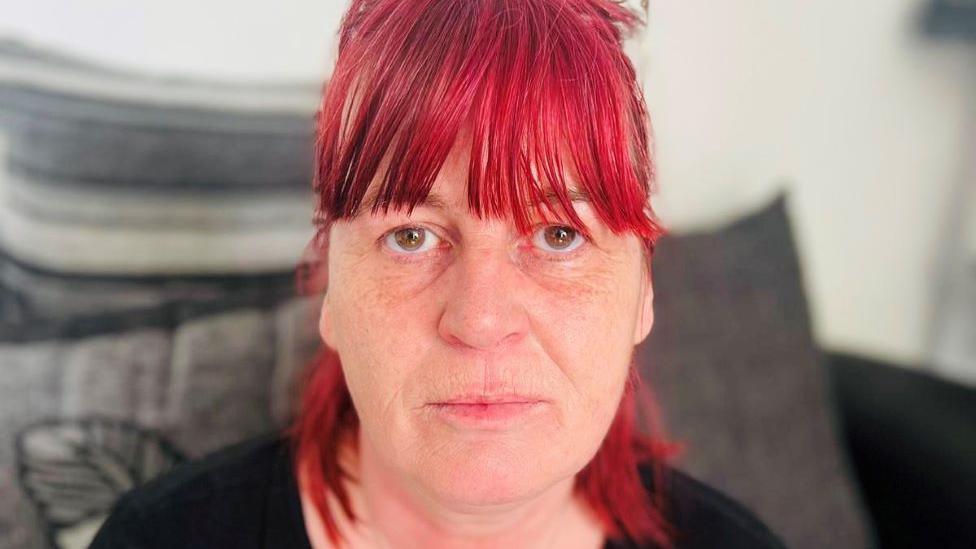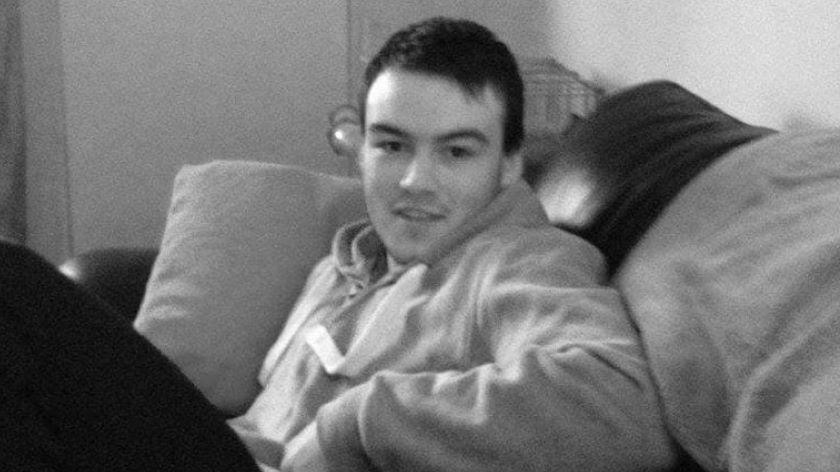Police custody death 'might have been avoided'

Warren Fenty died in 2014
- Published
The death of a young man in police custody might have been avoided, a sheriff has ruled.
Warren Fenty, 20, died from a drugs overdose at Kittybrewster Police Station in Aberdeen in 2014.
He had been arrested after discharging himself from Aberdeen Royal Infirmary, against medical advice, and was being held in the station's custody suite.
The ruling came at the end of Scotland's longest running fatal accident inquiry.
Derek Pyle, the sheriff principal of Grampian, Highlands and Islands, said that custody officers should have conducted cell checks of Mr Fenty in accordance with the then standard operating procedure.
This was an opportunity which might have led to Mr Fenty’s readmission into hospital which "might have avoided his death", external, he said in a written ruling.

Mr Fenty was being held at Kittybrewster Police Station
He said: "I have concluded that no one individual can be held responsible.
"Indeed, all those involved, whether medical practitioners or police officers, were doing their best in what proved to be quite exceptional circumstances.
"Nevertheless, I do identify certain institutional failures by Police Scotland which, while not on the evidence being the cause of death or indeed materially contributing to it, resulted in missed opportunities to have Mr Fenty returned to hospital where it is likely, although by no means certain, that he would have survived."

The incident happened in the station's custody suite
Sheriff Principal Pyle took over the inquiry earlier this year.
This was after the original sheriff could no longer continue due to "personal health reasons".
Sheriff Principal Pyle added: "The investigation of Mr Fenty’s death has taken far too long. It is now 10 years since the event."
He said the reasons for that included "the actings of the Crown, and the failure of the presiding sheriff to make the determination, which resulted in my having to take the unprecedented step of taking over the inquiry".
Mr Fenty's mother, Sharon Fenty, has been critical of the 10-year wait for answers.

Warren Fenty's mother Sharon has been frustrated by the delays
After the ruling was published, she told BBC Scotland News: "It's been a nightmare.
"I just had to keep on going for Warren's sake. I'm never going to be the Sharon I used to be.
"I am angry. Why has it taken to so long? That was my son.
"I miss him so much, he should be here."
Police Scotland declined to offer anyone for interview, but head of the criminal justice services division, Ch Supt Pat Campbell, said in a statement: “Following the death of 20-year-old Warren Fenty within Kittybrewster Custody Centre in June 2014, an investigation was conducted by Pirc (Police Investigations and Review Commissioner), which Police Scotland fully co-operated with.
"Their investigation resulted in a number of observations being made. These focused on staff training, improvements to record keeping and enhancing communication with medical staff when a prisoner is brought into custody from hospital.
"All recommendations were subsequently implemented and rolled out nationally and have been in place for a number of years now."
Ch Supt Campbell added: “We note the findings of the fatal accident inquiry that has since taken place and once again, we wish to offer our deepest condolences to the family of Warren Fenty.”
Prof Sarah Armstrong, of the Scottish Centre for Crime and Justice Research, has been part of a team of researchers looking into FAIs, particularly deaths in custody and how long they can take.
Speaking about the Warren Fenty case, she told BBC Scotland News: "It’s extraordinary, and if I was a family member it would be really upsetting and shocking that it takes this amount of time.”
“It’s not unusual for them to take at least two years, and something like two thirds to three quarters are taking over four years, but coming up for 10 years is absolutely extraordinary."
Related topics
- Published25 March 2024

- Published12 January 2024

- Published4 July 2014